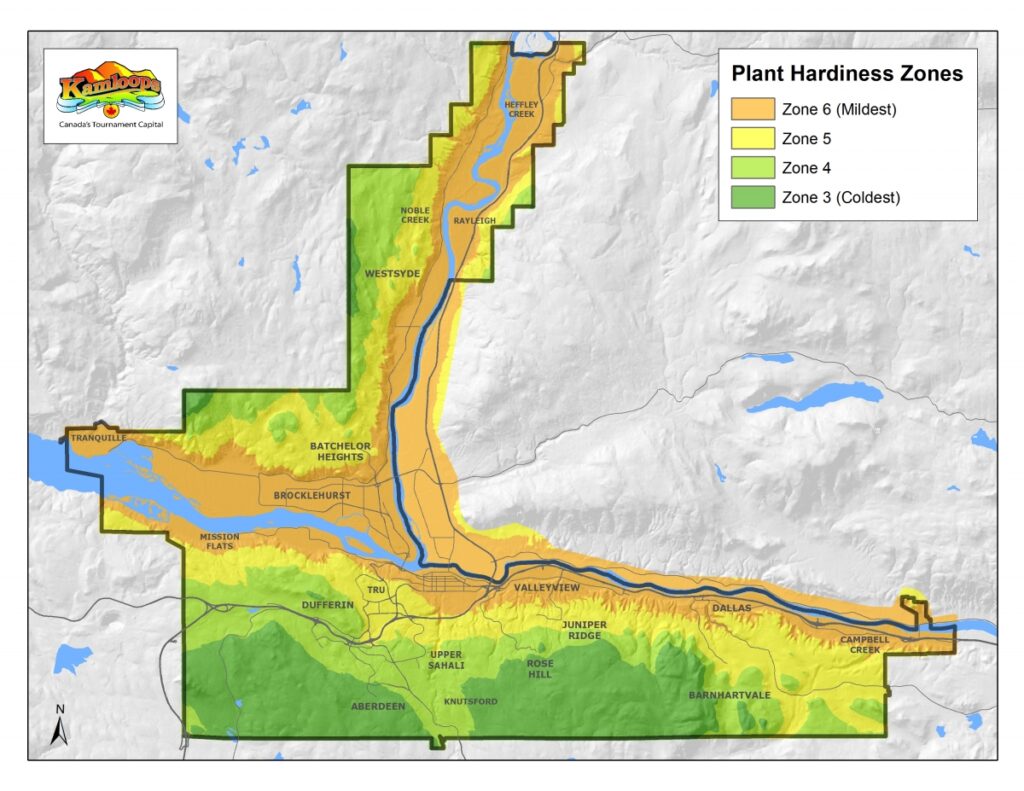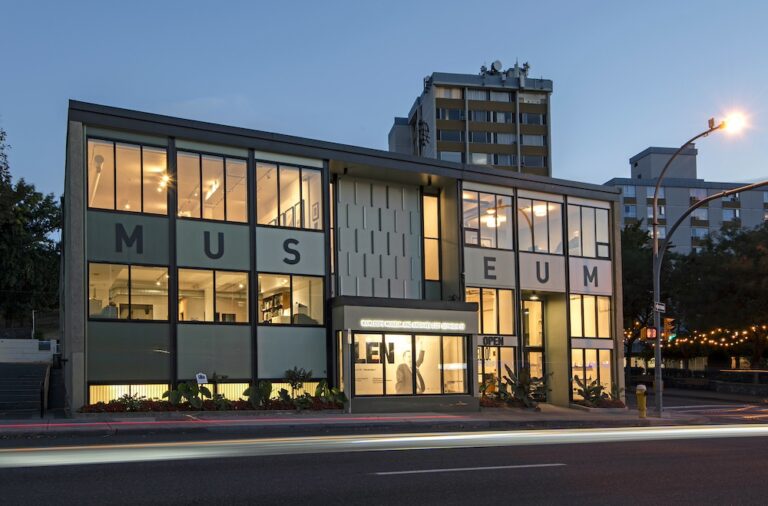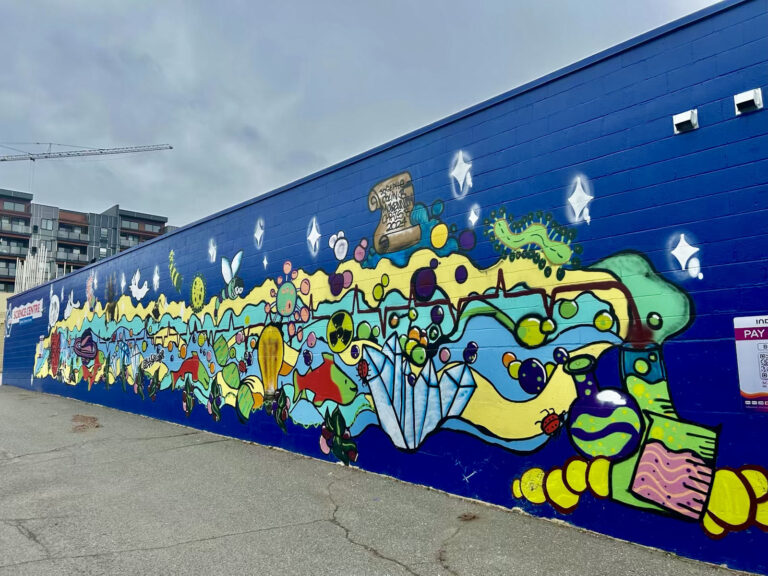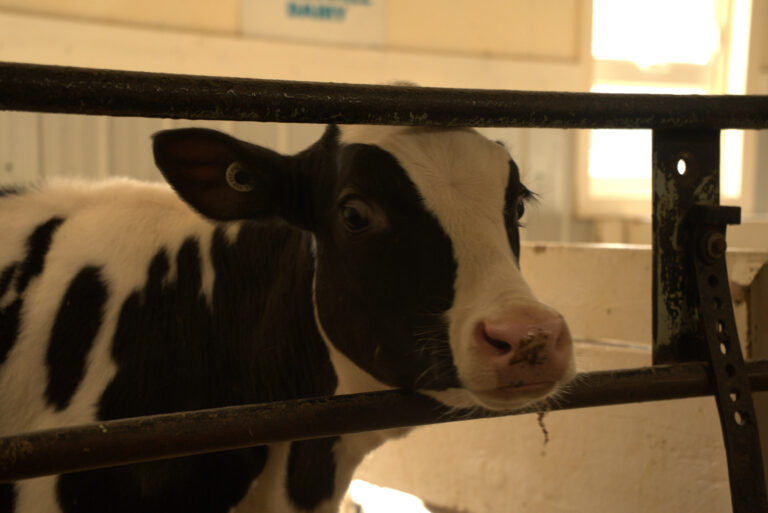Authors: Diego Machado
The Community
According to the 2024 Kamloops Housing Report, 58.2% of the houses in the Thompson-Nicola Regional District are single-detached homes, meaning the house is a single building on a lot. For many in Kamloops, a backyard is already the home garden space. Having workshops at local community gardens, of which there are currently (24) would provide more people in Kamloops with the tools and knowledge they would need to start growing fresh fruit, vegetables, or flowers at home for themselves. Gardening workshops in Kamloops community gardens would also bring more awareness about community gardens to the other 41.8% of households in Kamloops, who would need access to community gardens to grow their own food. Currently, organizations like the Mount Paul Community Food Center manage some of the community gardens in Kamloops on behalf of the city. They offer workshops at the MPCFC’s main location every year through the spring and summer, and openly offer to take inquiries from volunteers to “get involved.”
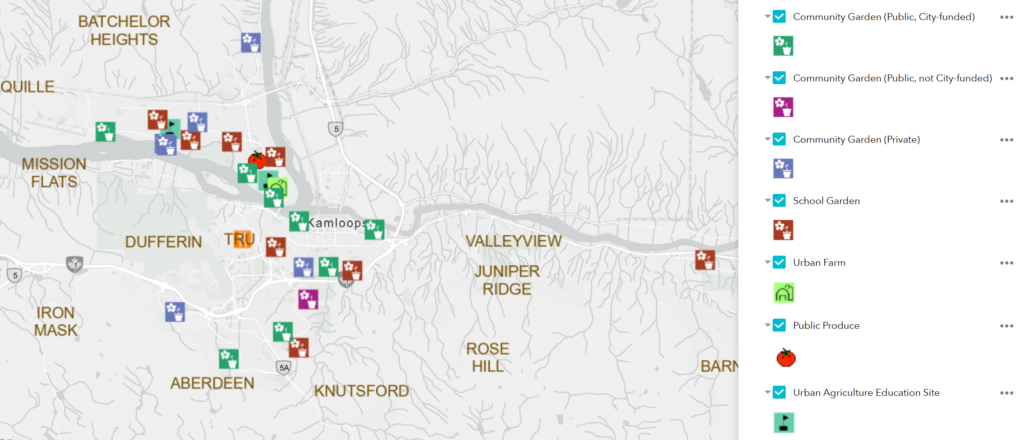
I’m privileged to run a fairly sized and well-varied garden each year. My Dad grew up in an orchard, and my Mom is an amazing cook, so I came by wanting to cook with great ingredients honestly. I want to share this generational and local knowledge that I’ve been given, and having gardening workshops in local community gardens will allow more people to try their hand at a garden by giving everyone in Kamloops an opportunity to grow the already strong gardening community, create more awareness about community gardens for those who may not have space for a garden, and create a more internally sustainable food culture in Kamloops.
That’s the focus of organizations like the Kamloops Food Policy Council which was founded in the early 1990s by Laura Kalina, a public health dietitian with Interior Health. Their mission is to inspire and establish food security work by building grassroots community capacity around food through our programs, policy advocacy, education, and partnerships. To learn about the KPFC’s perspective on community gardens, the importance of gardening, and their organization’s experience with the Butler Urban Farm, see the below video.
The Opportunity
The audience for this workshop would mostly be locals in the beginning, intending to grow the gardening community in Kamloops. Over time, this may evolve on its own.
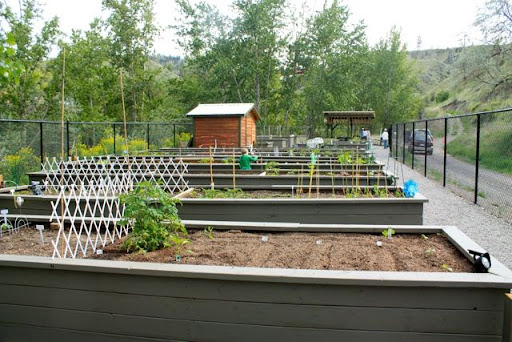
However, the main priority of the workshop is to enable more people in Kamloops to have gardens, and grow their own fruit and vegetables. It would be ideal for Kamloops as a whole to benefit from more locals having gardens, and the greater community and the gardening community would flourish with an abundance of knowledge and produce.
The community garden workshop will be held at the mid-point of spring, when most planting for summer growth is happening, to ensure attendants have the opportunity to do more planting on their own.
Cost
The gardening workshop will be offered for groups of 5 or 10 people, with a cost of $30 per person.
At five people the material cost is 82.32. Divided by 5 people is 16.50 per person.
At ten people, the material cost is 164.64. Divided by 10 people is 16.50 per person.
Material cost breakdown, sourced from locally available businesses:
- PRO-MIX Potting Mix, Bigger Plants, More Blooms, 85-L $24.99 x2 if 10 people)
- Standard Clay Terra Cotta Round Planter, 100% Natural, 9cm, Brown $0.99x
- Standard Clay Terra Cotta Round Planter, 100% Natural, 11.2cm, Brown $1.99x
- McKenzie, Herb Seeds, Assorted, Home Garden $1.89
- 5 Rooted Strawberry Plugs $32.98 (x2 if 10 people)
The workshop will be 2.5 hours long. To pay the host of the workshop, which would be myself, I’d be paid minimum wage for this.
Total revenue accrued from the workshop is $300 at 10 people or $150. Total costs for the workshop, including labor, are $207.90 at 10 people, or $125.82 at 5 people. The remaining $92.10 or $24.18 will be donated to the KFPC.
The Experience
Workshop Timeline:
The workshop will be divided into 4 sections of approximately 35 minutes. Each attendant will be designated a work station, where they will be given dirt, seeds, their two pots, and the strawberry plugs.
The first section will address the wide variety of growing options in the Thompson Nicola Valley, due to extreme variation in grow zones. The latter half of the first section will be focused on the preparation of seeds for planting, different methods of seeding, and how to germinate seeds outside of soil. Attendants will have the opportunity to plant their own seeds in the 9 cm pots after properly arranging drainage and soil pack, and be given instructions on care throughout the plant’s life, as they will be taken home.
The second section of the workshop will focus on caring for plants that are still growing, using the strawberry plugs. Attendants will be shown how to properly transplant between pots using the 11.2 cm pot provided, by slightly loosening the soil of the strawberry plug and inserting it into the partially packed pot, topping off with more soil. This strawberry plant won’t require any straw to go on the dirt, as the pot is small enough for the plant to grow past the edges. Attendants will be shown how to care for the plant while it adjusts to its new environment, as many plants don’t like being moved very much.
The third section will comprise education and observation for the attendants as they take a tour of the community garden where the workshop is being held. They will get the opportunity to ask any questions they may have about care for the plants, community members are maintaining and harvesting from, and see what typical results are.
The fourth and final section of the workshop will focus on how to properly dispose of plants or maintain them once the growing season ends, and on the importance of having community gardens in Kamloops. Composting methods for home, plant waste disposal sites, and winter preparation will be included in this section, along with an emphasis on the importance of having local produce in a city growing quickly in density.
The Small Tourism Effect
From this experience, attendants gain the knowledge required to begin gardening themselves, whether at home or at a community garden. As more people begin to garden in Kamloops, our farmers’ markets will begin to grow and multiply even more than they have in recent years. Farmers’ markets have grown to be more than just produce and homebrew, and serve to be a platform for local businesses of all kinds. If the Kamloops gardening community got large enough, our farmers’ markets could begin to span whole neighbourhoods, on par for notoriety with the Richmond Night Market. This in turn would attract more tourism for Kamloops, and with enough growth and collaboration the gardening workshops themselves would grow, with the possibility of more workshops at other community gardens in town.
This workshop would also facilitate the sharing of local knowledge from active gardeners to those with an interest in starting a garden. My own intangible generational knowledge of gardening and agricultural production would be shared through these workshops.
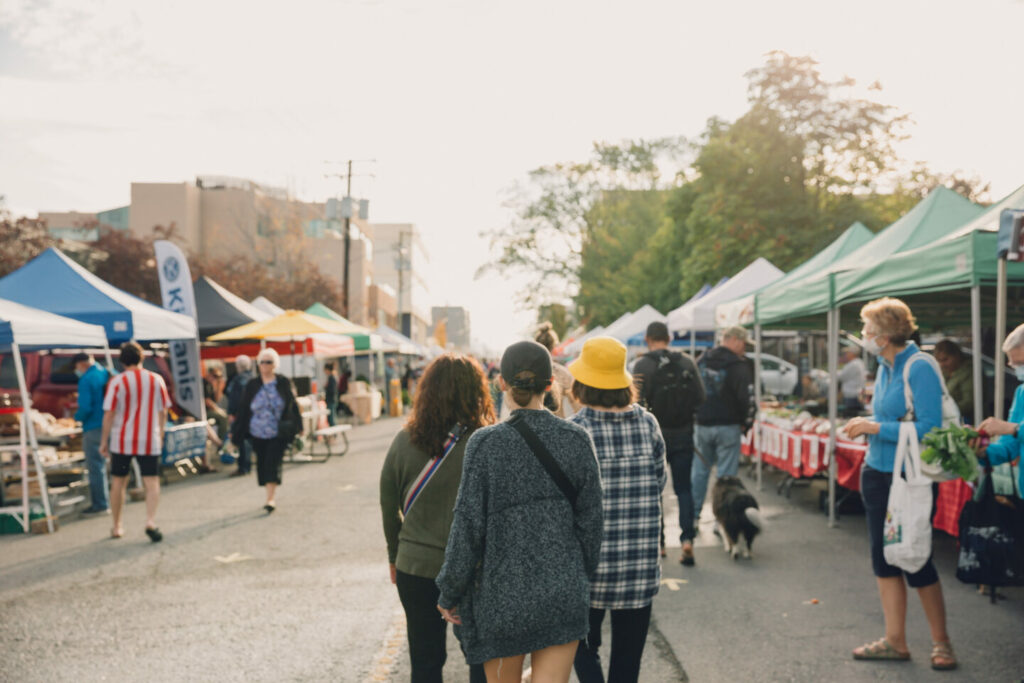
Food security has been a strong topic of conversation in B.C. over the last decade. Inflation and wage stagnation have left many community members struggling with affordability, and grocery prices seem to only be increasing. While vegetables and fruit are often the least expensive items in grocery stores, every cent counts when your financial situation is tight. Growing your produce at home is an effective way to help save money, even if it’s a small amount of savings comparatively.
Those who garden often end up with an abundance of produce throughout growing seasons. Not every gardener has the capability of processing large amounts of produce or selling at the farmers’ market, so food can go to waste quite easily. In my house, if we have extra of anything that we grow in our garden, we often give it away to our neighbours, and in turn, the ones with gardens share their excess with us. Although this example is confined to my neighbourhood, and myself and my neighbours, food sharing has become a common occurrence in communities that are capable of growing their produce. Sharing excess food and seeds gained through dedicated gardening is an easy way to build a stronger community not only for gardeners in Kamloops but Kamloops as a whole, incorporating a self-sufficient and in-community sense of sustainability.
